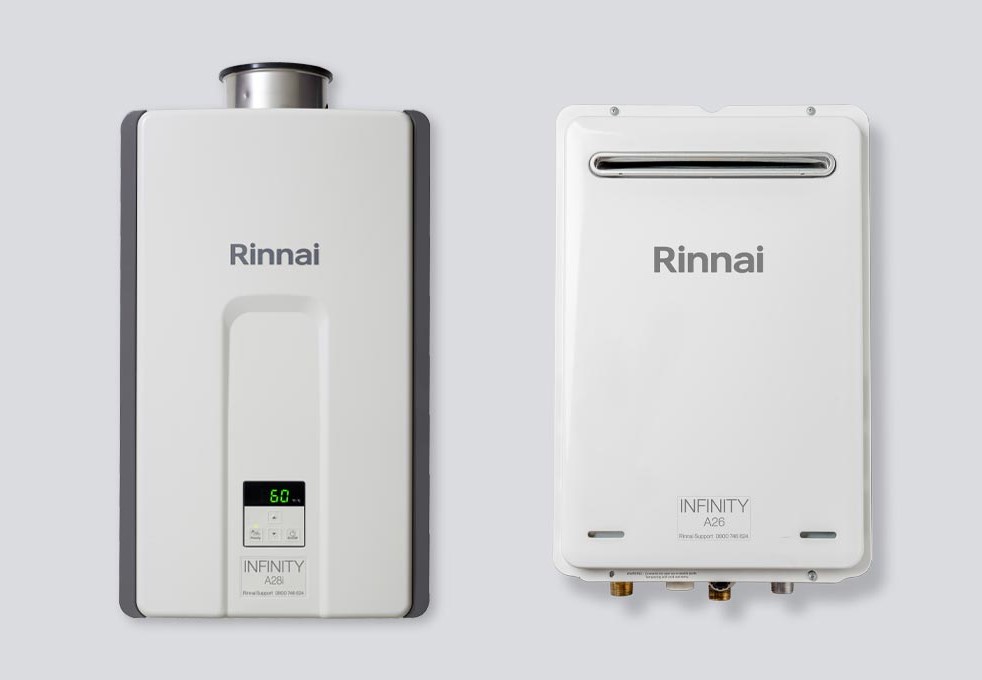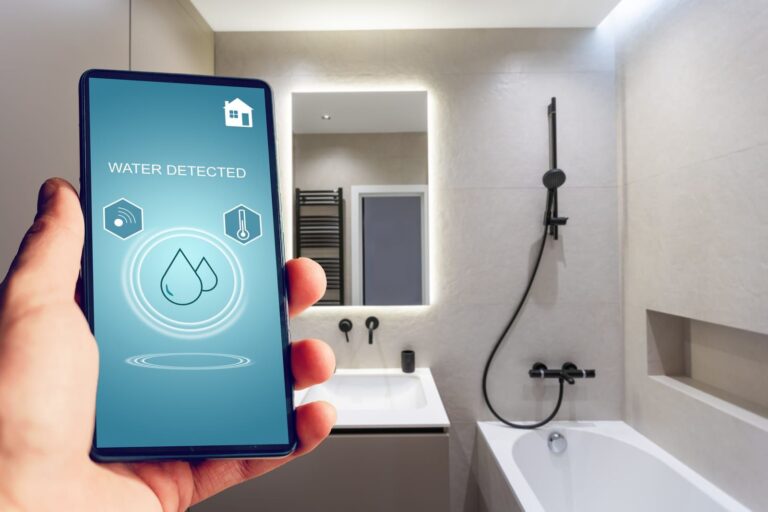If you’re looking to upgrade your hot water system, Australian Rinnai hot water system is one of the most trusted names among homeowners. The Rinnai Infinity range offers continuous flow gas hot water systems that have transformed how we access hot water in our homes. But how do these systems actually work, and what are the pros and cons?
What is Rinnai Infinity?
In Australia, hot water systems come in several forms, but the Rinnai Infinity Gas Hot Water System is a standout option for both residential and commercial properties. As a continuous flow system, it heats water only when needed which provides an endless stream of hot water. This “on-demand” approach makes it more energy efficient than traditional storage systems that can often present problems. Some models even come with a pause feature, which allows further energy savings when hot water isn’t required.
How does it work?
Rather than storing hot water in a tank, Rinnai Infinity systems heat water instantly as it flows through the unit. This means you’ll never run out of hot water which is perfect for busy households. There are various models available in Australia to suit different household sizes and water usage. For example, the Rinnai Infinity 26 delivers 26 litres of hot water per minute at a 25°C temperature rise, which is ideal for medium to large homes.
What are the Australian features and benefits?
Unlimited Hot Water
Say goodbye to cold showers! Rinnai Infinity provides a continuous stream of hot water, even when multiple taps are in use simultaneously.
Energy Efficiency
Rinnai Infinity hot water systems are up to 40% more energy efficient than traditional tank-style water heaters due to their advanced technology that heats water on demand, eliminating the need to waste energy heating and storing it in a tank.
Long Life Span
Rinnai offers a generous 12-year warranty on the heat exchanger, giving you peace of mind about your investment.
Low Maintenance
Rinnai Infinity systems are designed with minimal upkeep in mind, requiring only occasional servicing to maintain peak performance.
Compact Size
Their space-saving design allows for flexible installation, especially in homes where indoor space is limited.
Potential Drawbacks
Requires a gas supply
Rinnai Infinity requires gas power in order to heat your water for your home. This means your home must be connected to mains supply. Whilst gas mains are common for Australian urban homes, rural homes will not be connected to the mains supply. Additionally, you might not have the gas turned on for your property, and you will need to research a provider.
Environmental impact
Gas hot water systems are not as environmentally friendly as some other options, such as solar or heat pump systems. They produce carbon emissions and contribute to climate change.
Limited hot water supply
While Rinnai Infinity provides a continuous flow of hot water, it is limited by the capacity of the unit. This means if you are using more hot water litres per minute than the unit can produce, you will experience inconsistency in temperature. If you have a large household, you may need a bigger unit or multiple units to meet your hot water needs.
How much do they cost?
Australian Rinnai hot water Infinity units generally range from $1,500 to $2,700 depending on the model and capacity. These figures reflect the unit cost only—installation charges will be additional. The total price will depend on the complexity of the installation and whether gas lines or other infrastructure upgrades are needed. Always get a quote from a licensed plumber or gas fitter.
Conclusion
Rinnai Infinity hot water systems are a reliable and energy-efficient choice for Australian homes. Whether you’re in a small unit or a large family household, there’s a model to suit your needs. With their advanced technology, compact design, and impressive warranties, they offer excellent long-term value. To find out the total cost for your home, contact a local, licensed installer for a tailored quote.




